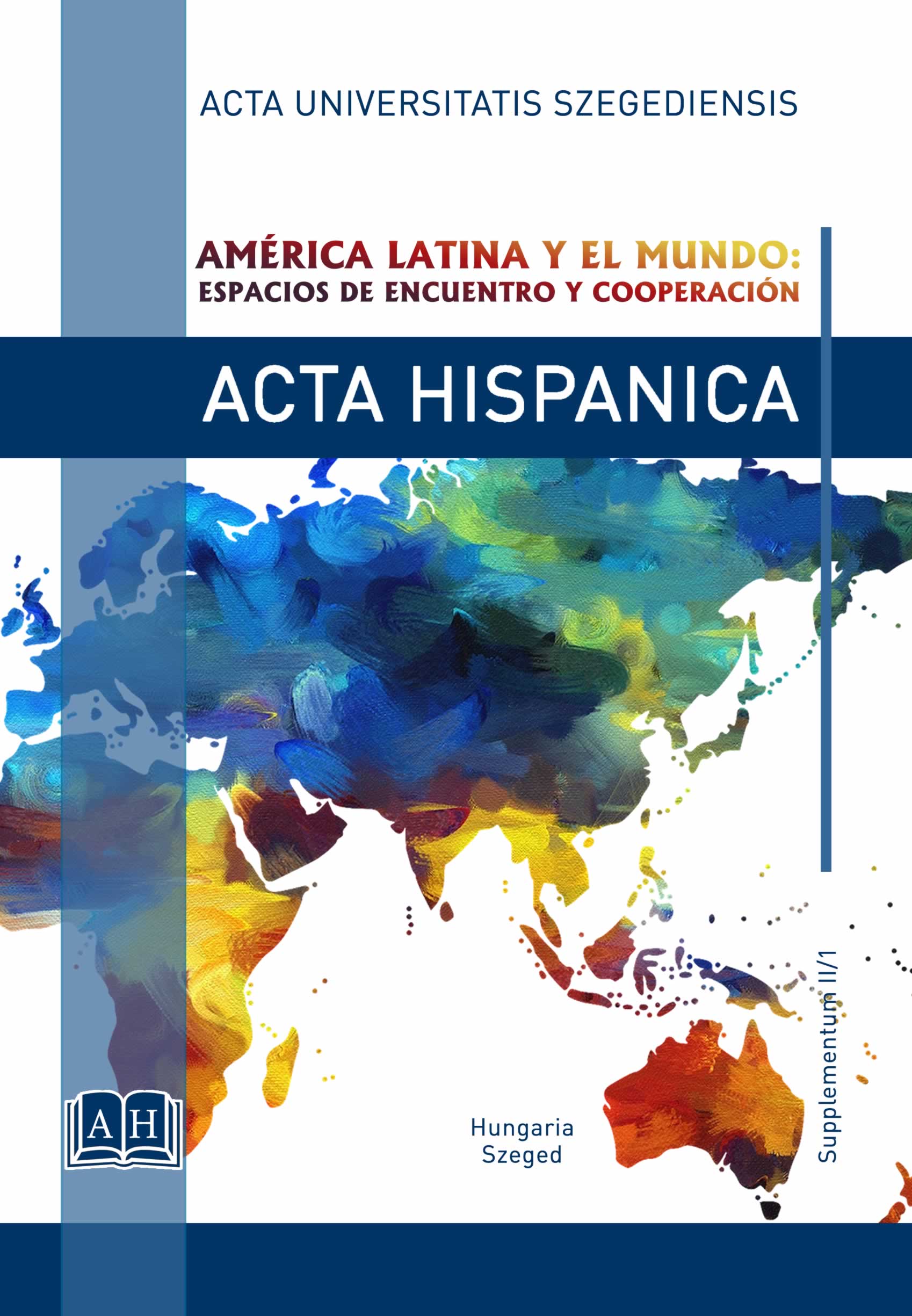Defining the Caribbean Area and Identity
Main Article Content
Absztrakt
In examining Caribbean identity, it is essential to examine the demarcation of the area, delimit the boundaries, assess how local people have defined or redefined themselves in space and time, and how this is influenced by economics and politics. Obviously the key is the geographic proximity of the Caribbean Sea and its history, which result in many similarities in time, but there is variation, and there are differences. Two significant researchers who investigated the most important common elements like colonization, plantation economy and slavery, Charles Wagley and Sidney Mintz cultural anthropologists, conducted their fieldwork in Brazil, Puerto Rico, Haiti and Jamaica. In defining the “Caribbean” within Plantation America cultural sphere, Charles Wagley took into account the geography, the environment, linguistics, the modes of production, the local histories. Both anthropologists made sociocultural, ethnographic and demographic analyses, comparing the colonial structures in the plantations to delimit the culturally identical area, which, however, today is not followed by geopolitical boundaries, nor is the locals' perceptions of their own interpretation about the Caribbean area.
Letöltések
Article Details
Hivatkozások
Caribbean Atlas Project: Caribbean. World Atlas online. Available at: https://www.worldatlas.com/webimage/countrys/carib.htm, access date: 1-09-2019.
CARICOM-Cuba Trade and Economic Cooperation Agreement. Caricom online. Available at: https://caricom.org/Document-Library/view-document/caricom-cuba-trade-and-economic-cooperation-agreement, access date: 07-09-2019.
Dornbach, Mária (2009). Istenek levesestálban. Budapest: Eötvös József Könyv- és Lapkiadó. Erisman, H. Michael (1994). Evolving Cuba-CARICOM relations: A Comparative Cost-Benefit Analysis. Annual Conference of the Caribbean Studies Assotiation. Mexico, 1-21.
Girvan, Norman (2000). Creating and Recreating the Caribbean. In: Hall, Kenneth – Benn, Denis (eds.). Contending with Destiny: The Caribbean in the 21st Century, Kingston: Ian Randle Publishers.
Girvan, Norman (2005). Reinterpreting the Caribbean. In: Pantin, Dennis (ed.). The Caribbean economy: A reader, Kingston: Ian Randle Publishers. 304-318.
Hall, Stuart (1995). The Question of Cultural ldentity. In: Hall, Stuart – Held, David – Hubert, Don – Thompson, Kenneth (eds.). Modernity: An Introduction to Modern Societies, New Jersey: Wiley-Blackwell. Available at: https://faculty.georgetown.edu/irvinem /theory/Hall-Identity-Modernity-1.pdf, access date: 05-06-2019. Horváth, Emőke (2014). A Karib-térség fogalmának értelmezési kísérletei. Orpheus Noster 6/1. 23-35. Mintz, Sidney (1966). The Caribbean as a Socio-cultural Area. Journal of World History, 9/4. 912-37.
Mintz, Sidney (1996). Enduring Substances, trying Theories: the Caribbean Region as Oikoumene. The Journal of the Royal Anthropological Institute, 2/2. 289-311. Available at: http://www.jstor.org/stable/3034097, access date: 15-03-2019.
Rivke, Jaffe (2019). Thinking through the Caribbean as a region. Caribbean Atlas online.. Available at: http://www.caribbean-atlas.com/en/themes /what-is-the-caribbean/ thinking-through-the-caribbean-as-a-region.html, access date: 28-04-2019.
Spykman, Nicolas John (1942). America's Strategy in World Politics: The United States and the Balance of Power. New York: Harcourt Brace and Company. Wagley, Charles (1957). Plantation America: A Culture Sphere. In: Rubin, Vera (ed.). Caribbean Studies: A Symposium. Seattle: University of Washington Press. 3–13.





